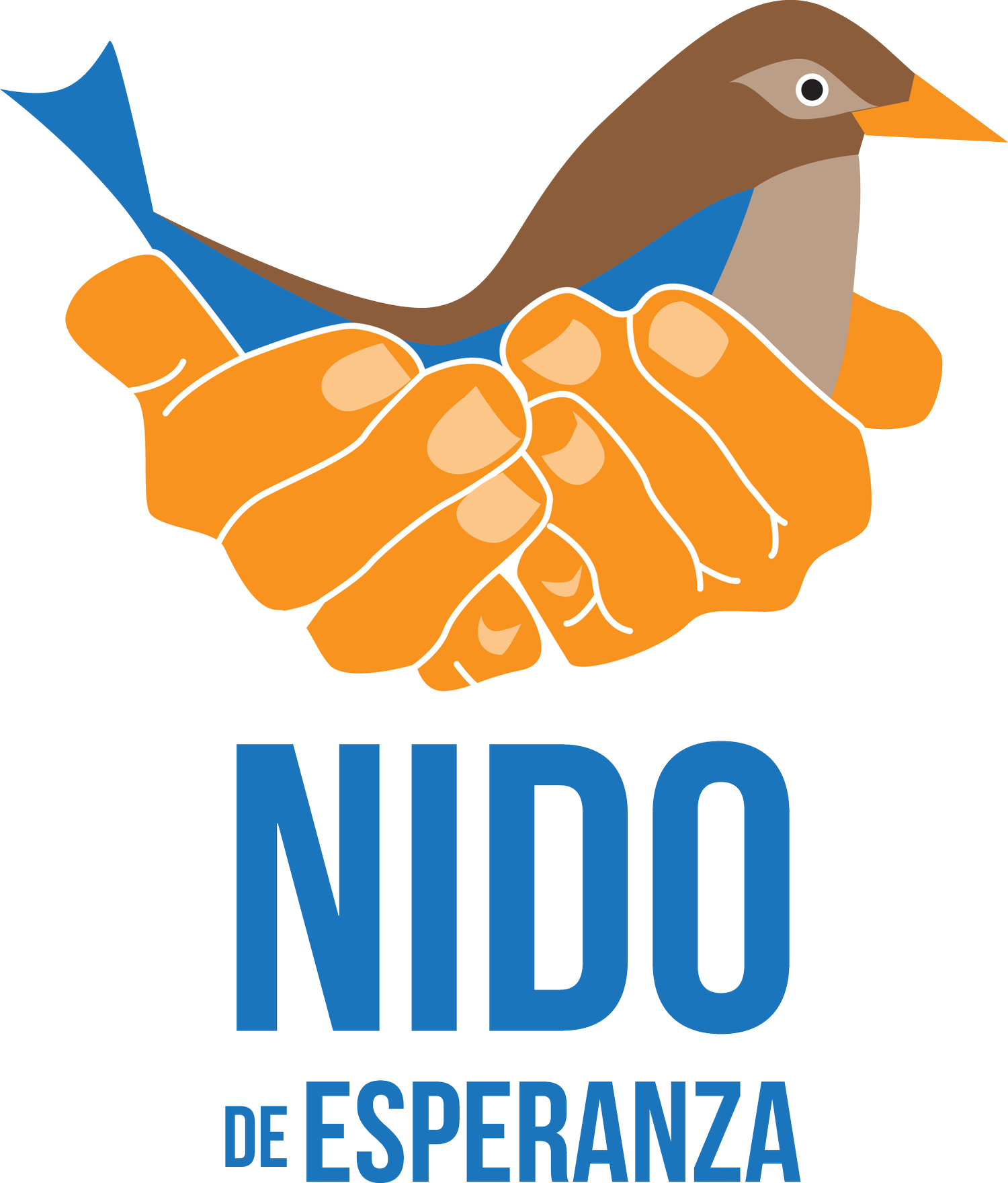Why Babies ? Why the first 1000 days?
Nido de Esperanza believes we can change the trajectory of a child’s life by intervening early, often, and intensely during those first 1,000 days. We think that by preventing, versus undoing, we have an opportunity to make real change.
A baby's experiences in their first 1,000 days of life (starting in utero) can have a lifelong effect on their health and wellbeing.
Stress, trauma, poverty and violence experienced during these early years can have long term adverse health effects on a baby.
A baby’s brain doubles in size by age 1, and by age 3, it has reached 80% of its adult volume.
Having a Loving, secure relationship with a primary caregiver is vital for a baby’s healthy brain development.
Playing, singing, reading, and talking to a baby are all important ways to help a baby feel safe and loved.
From 2017-2020, 54% of all young children spent at least a year in poverty, including 66% of Black children and 66% of Latino children. (Robin Hood, Poverty Tracker July 2022
50% of NYC parents living in poverty experienced psychological distress compared to one in five higher-income parents.
More than A THIRD of young children experienced some form of material hardship in 2020, with hardship about TWICE as common for Black and Latino children than for white children.
OUR APPROACH
We partner with families early, often and intensely starting in pregnancy until their child turns 3yo.
Two-generational: we intentionally and simultaneously work with baby and parent to help them succeed together.
Addressing Material Hardship
Trauma-informed: we recognize and respond to the impact of traumatic stress on our parents, babies, families and community. Asking not what’s wrong with you but what happened to you.
Radical hospitality: We welcome all families ! We intentionally create a warm and safe space for our babies and families to be in community.
Rooted in ecological systems: we think about families as a whole within the context of their communities and larger systems, a context too often defined by inequality
Asset Based: We see the strengths and resilience in our families and the endless potential of our babies.
Services & Programming
-
Parenting Groups
Using evidence-based curriculums, our groups provide parents with information and strategies to support their child’s healthy development. Our groups build community among families
-
Monthly 1 on 1 Session with Parent and Baby
Our social workers use an evidence based curriculum, Growing Great Kids (GGK) focused on fostering the growth of secure attachment and empathic parenting.
-
Mental Health Support
We provide parents with supportive counseling to address a wide range of issues. Our team is specifically trained in addressing Perinatal Mood & Anxiety Disorders.
-
Person-Centered Case Management
We offer families one-on-one case management with a social worker providing connection to resources while empowering parents to become their own best advocates.
-
Family Wellness Workshops
In collaboration with community partners such as NY Presbyterian Hospital we offer monthly workshops held on a variety of health topics such as Potty Training, sleep safety, vaccines, dental care for your baby etc.
-
Healthy Bi-Weekly Pantry
In partnership with West Side Campaign Against Hunger and NYP CHALK Program we provide healthy, fresh, nutritious food for the whole family.
-
Diapers & Formula
On a biweekly basis we provide these critical essentials to families, supporting them in keeping their baby healthy.
-
Quarterly Baby Bundle
Families are provided with essential baby items, such as clothes, developmental toys, books, stroller, and diapers, offered quarterly in a pre-made bundle. Reducing material hardship among our families.
-
Enrichment Programs
In collaboration with other community partners we offer enrichment activities for our families including trauma informed yoga, toddler music classes, early literacy workshops, etc.
